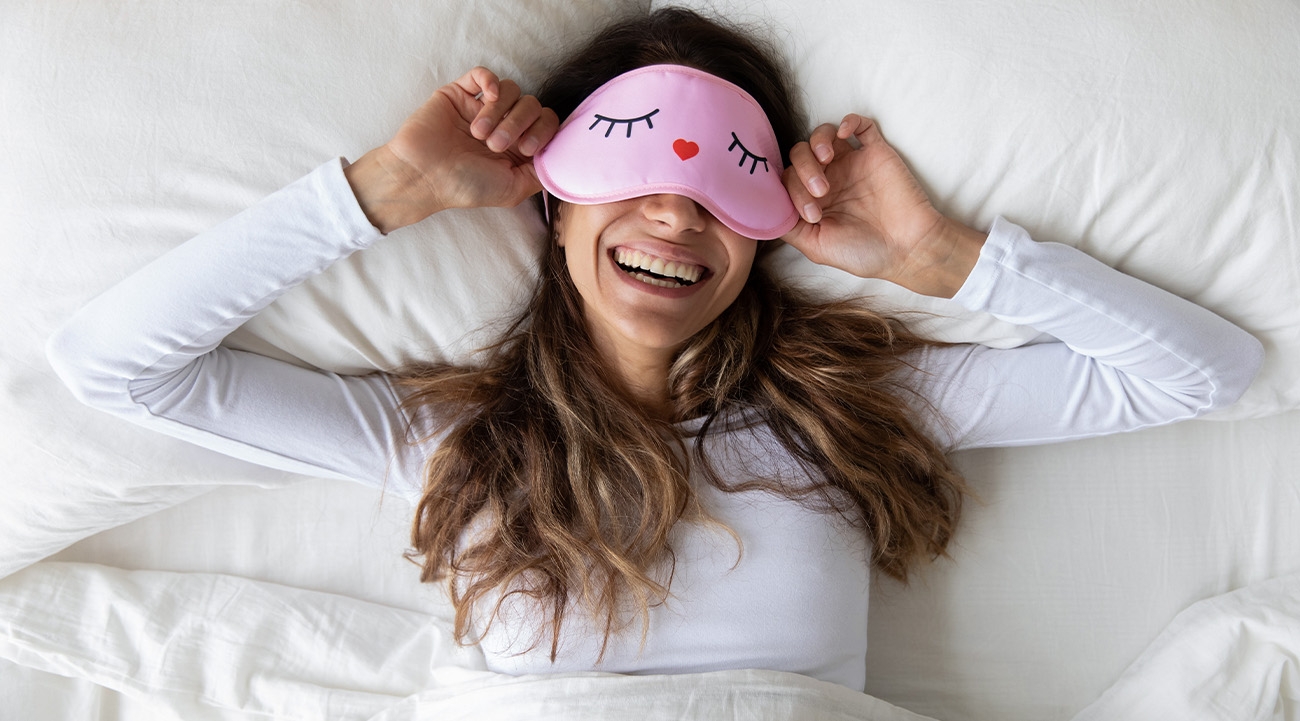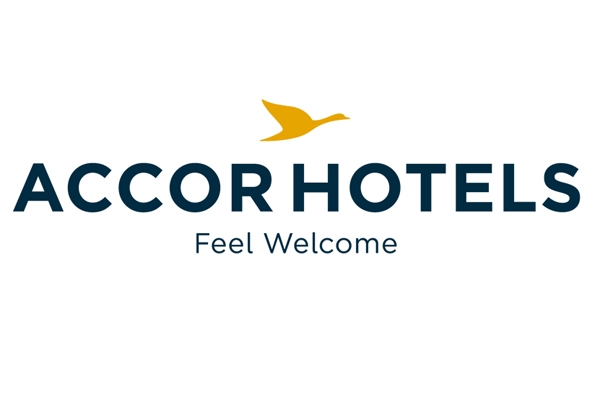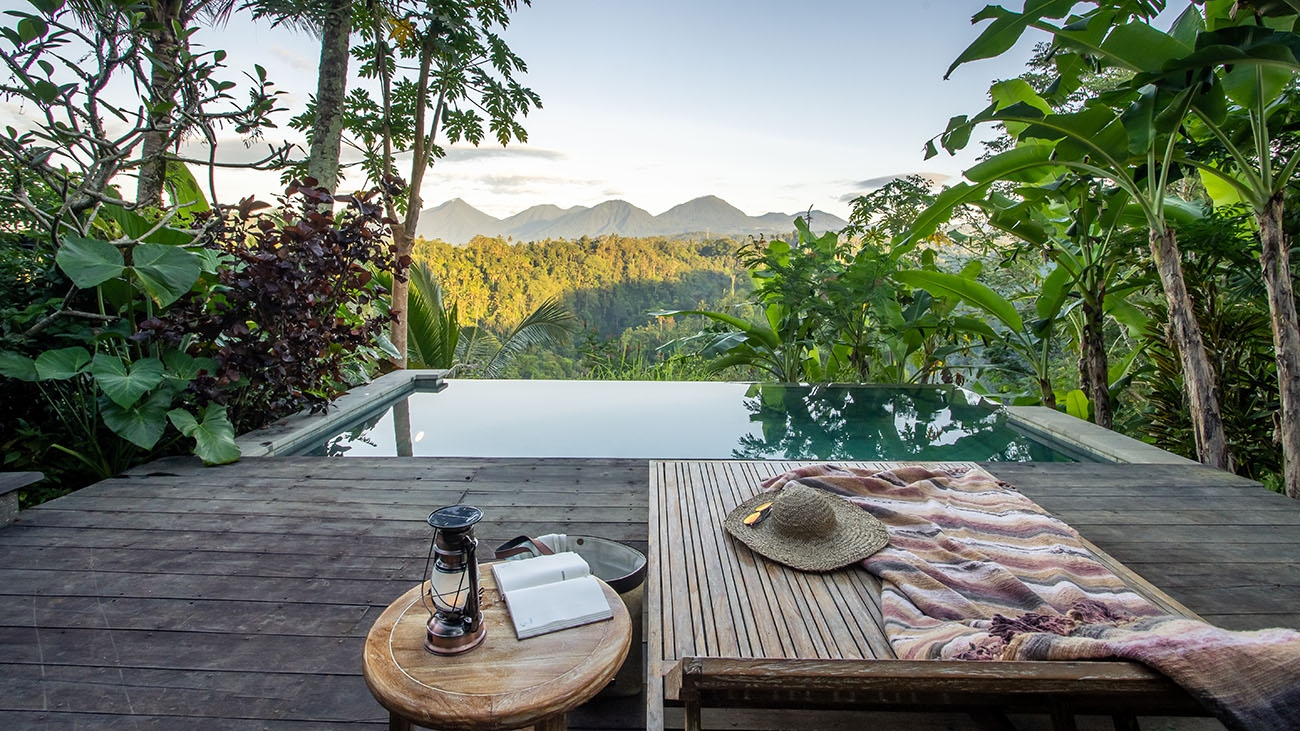In Focus: The rise of sleep retreats
When packing for a holiday, the list of essentials usually includes passports, chargers and toothbrushes. But as the wellness market continues to grow, there’s another thing travellers aren’t leaving home without – their pillows. Hilton Luxury Brands’ 2024 Trends Report found that the number one reason people want to travel this year is to rest and recharge – so much so, nearly 20% of global travellers are packing their pillow to help ensure a good night’s sleep.
While hotels have long offered short-term remedies for tiredness, such as sleep-inducing massages and treatments to combat jet lag, there is now a growing focus on restorative sleep retreats that help travellers make long-term lifestyle changes. And it couldn’t come at a better time – according to the Mental Health Foundation, one in three people suffer from poor quality sleep and nearly half of UK adults say that sleeping badly has a negative effect on their mental health.
It comes as no surprise then that the sleep tourism market is estimated to grow by almost 8% between 2023 and 2028, with its value expected to increase by more than $400 billion. The opportunity this presents in the luxury sector is an appealing one: guests are seeking more than just a bed for the night, they want a health-enhancing experience, and high-end hotels are in the position to offer exactly that. Around the world, hotels and resorts are implementing sleep-focused packages that go above and beyond simple spa treatments and complimentary bubble bath.
Personalised experiences
For some travellers, getting a restful night’s sleep relies on having a pillow and duvet that suits them, and there are plenty of hotels that offer a world of choice when it comes to bedding. At The Nautilus in the Maldives, pillow menus are included as part of the pre-holiday questionnaire, and beds are made with seasonally appropriate duvets.
In Santorini, Andronis Concept Wellness Resort also offers guests a range of pillow and duvet options for firmness and material, allowing them to customise their sleeping arrangements. The group’s director of spa and wellness, Andrea Bohlheim, describes sleep as “critical for our health and wellbeing, memory processing, heart health and immune system support, [which is why] we want to provide our guests with the perfect conditions for deep relaxation and a restful night’s sleep”.
But ensuring the mattress, pillow and duvet are of top quality is just one piece of the puzzle. Dino Michael, senior vice-president and global head of Hilton Luxury Brands, believes room layout also plays an important role in inducing a peaceful night’s rest. “We spend a lot of time thinking about all elements of a hotel room,” he says. “This includes the layout – from ensuring the lighting and temperature controls are right to checking that everything is within easy reach when it’s needed.”

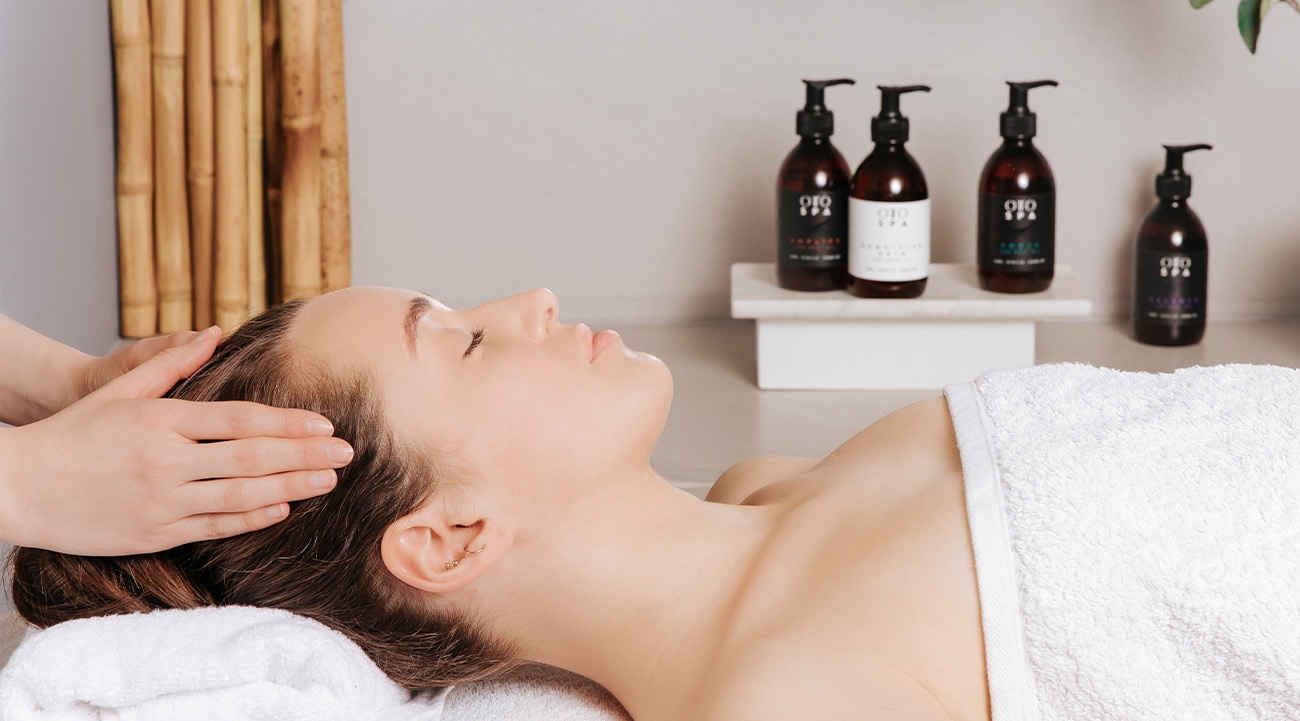
Treatments and services
For other clients who might need a little more help to feel properly rested, an evening of sleep therapy may be the answer, which is where all-encompassing sleep programmes come in. At a number of Six Senses properties, guests can participate in a sleep wellness programme that analyses their sleep patterns, boosts the immune system and allows for complete relaxation. At Six Senses Kaplankaya, a five-night programme includes a wellness screening, sleep tracking, meditation and yoga sessions, and spa treatments such as a 60-minute Watsu massage and a traditional Turkish hammam session.
Closer to home, Chewton Glen in the New Forest encourages a full circadian rhythm with its Sleep Soundly Spa Evening, which aims to reduce muscle inflammation and identify imbalances in clients’ energy. While the treatment is designed to allow for the best possible chance of a good night’s sleep, Kerry Hudson, Iconic Luxury Hotels’ group spa director, advises clients to consider the circumstances of their appointment, such as the time they visit and with whom. “We guide guests to book the treatment as late in the evening as possible and on an evening where they have no commitments,” she says. “We are also now seeing an increase of solo guests who are booking specific and detailed treatments to ensure they gain maximum benefit.”
But being committed to guests’ wellbeing goes beyond the guest room and spa, according to Rob Arrow, director and head of partnerships at agency Cherry Travel. “The modern hotel and resort experience transcends mere accommodation,” he says. “Extending the focus on sleep throughout the hotel or resort experience involves rethinking traditional service timings.” This is something The Nautilus has considered. Along with its pillow menu and duvet rotation, the resort offers a flexible dining timetable and has an After Dark programme, which allows guests to sleep, eat and partake in activities at a time that suits them.
No passing fad
Experts expect that sleep retreats aren’t just a fad, and will quickly become a mainstay of the wellness scene. Amanda Al-Masri, global vice-president of wellness at Hilton Hotels & Resorts, believes “sleep tourism as a trend is here to stay”, but also that the conversation will die down soon “simply because it will become embedded in our travel experiences”.
As sleep health becomes a more solidified part of the wellness travel scene, clients will come to expect sleep-focused services as a standard part of their stay. Dr Rebecca Robbins, associate sleep scientist at Brigham and Women’s Hospital in Boston, predicts “travellers will increasingly look for sleep-specific amenities, sleep-enhancing food and drink, as well as targeted programmes when choosing their hotels”. The opportunity here for the trade is lucrative, as increasing numbers of travellers seek ways to combine their holiday with the quest for a good night’s sleep. Rest assured, this is a trend that’s here to stay.
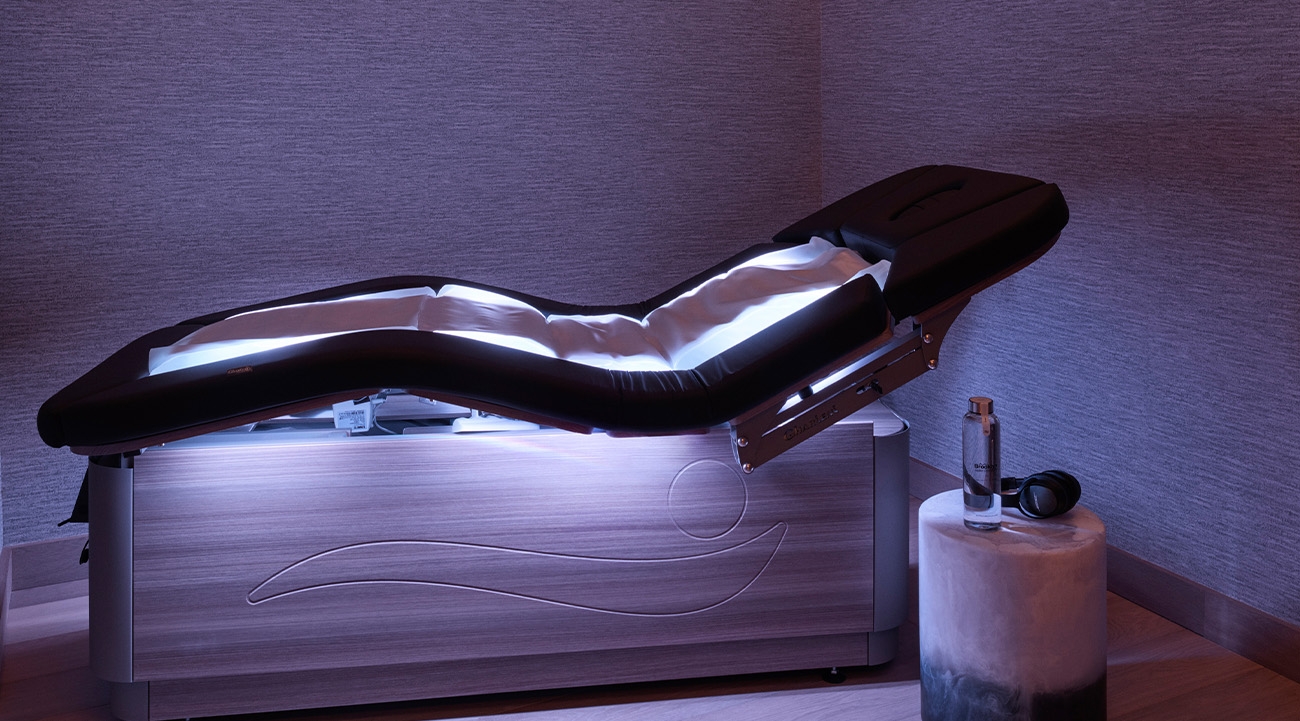

Trending locations
When picturing the perfect place for a good night’s sleep, a remote retreat on a secluded stretch of sand or hidden away in the jungle might spring to mind. But, while far-flung resorts oozing tranquillity are proving a popular choice, city retreats shouldn’t be overlooked. In its 2024 Trends Report, Hilton Luxury Brands found that 40% of travellers seeking a restful break would consider a city destination, with London, Miami and New York performing the best for the group in 2023.
There are plenty of options for agents to consider. For clients not wanting to venture too far from home, The Langham, off London’s Regent Street, has introduced its own sleep wellness programme, Sleep Matters By Chuan, which uses traditional practices from Chinese medicine alongside breathing workshops and signature facials. Across the pond, Equinox Hotel New York provides a peaceful respite from the city’s hustle and bustle. The Art of Science and Sleep by Equinox Hotels offers cryotherapy treatments and a session on the Spa Wave Table, which provides the equivalent of three hours’ sleep in 30 minutes.
